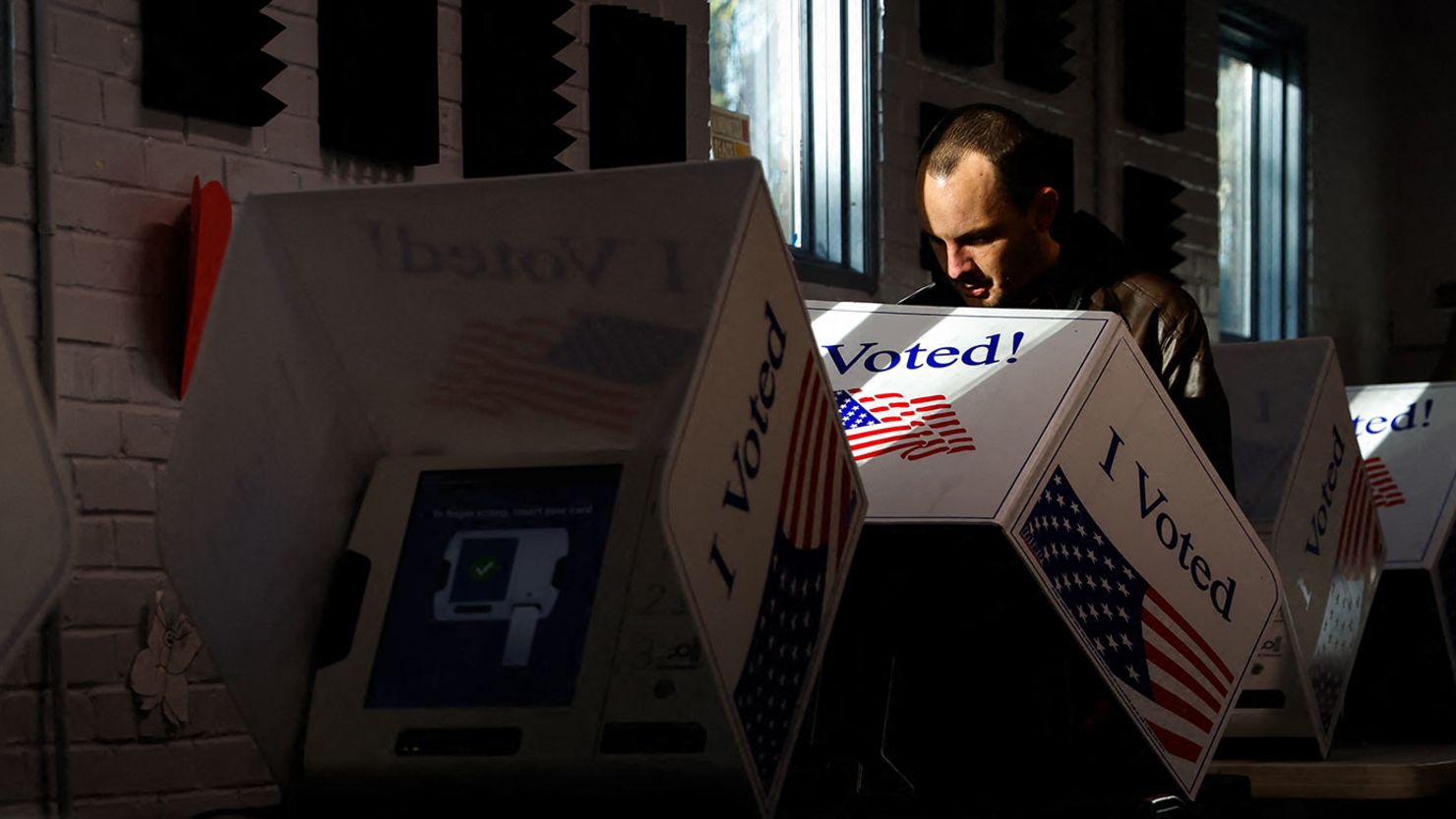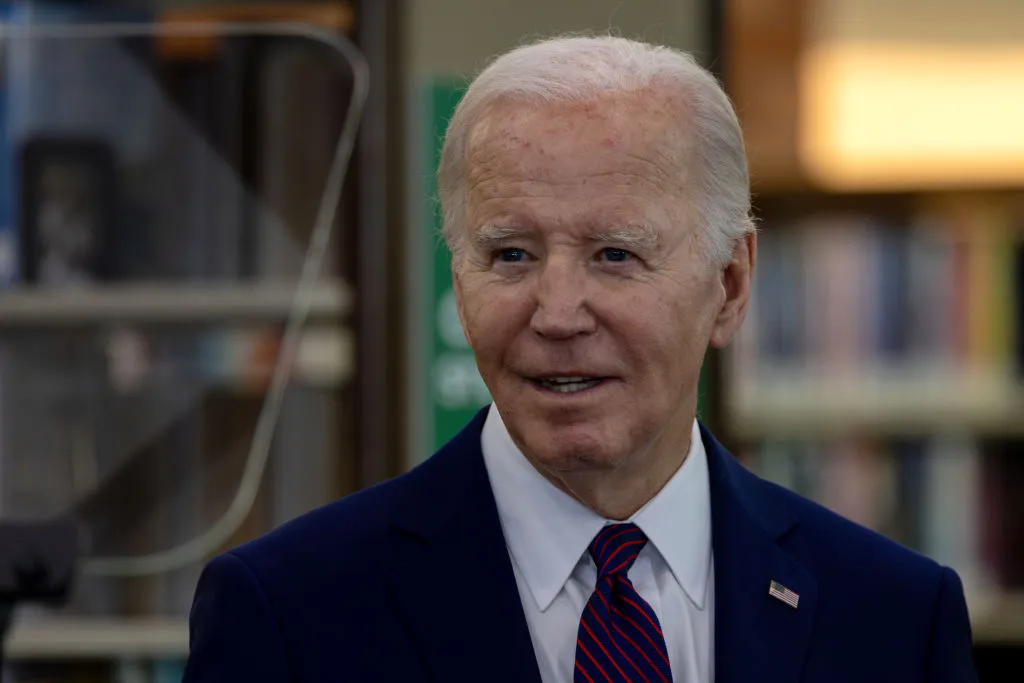South Carolina Exit Polling, Former South Carolina Governor Nikki Haley faced a challenging home-state loss in the Republican presidential primary, and insights from CNN’s exit poll reveal the dynamics that played a crucial role in shaping the outcome. Despite Haley’s efforts to appeal to the conservative electorate, the results underscore the prevailing influence of the MAGA-friendly sentiment.
South Carolina Exit Polling : Trump’s Pervasive Popularity
South Carolina Exit Polling, The exit poll indicates that more than three-quarters of voters had made up their minds before the year began, with a significant majority favoring former President Donald Trump. The enduring popularity of Trump, especially among early deciders, highlights the uphill battle Haley faced in swaying voters who had firmly aligned themselves with the MAGA movement.

South Carolina Exit Polling : Timing Matters
One notable trend revealed by the exit poll is the impact of timing on voter decisions. The overwhelming majority of those who made early decisions supported Trump, while those who remained undecided until January or later leaned toward Haley, albeit by a narrower margin. This suggests that Haley’s appeal gained traction among voters still in the decision-making process closer to the primary date.
South Carolina Exit Polling : MAGA Movement’s Mark
The South Carolina Republican primary electorate exhibited a strong MAGA influence, with approximately 4 in 10 voters identifying themselves as affiliated with the movement. This alignment contributed significantly to Trump’s success, emphasizing the continued resonance of the MAGA ethos within the conservative South Carolina voter base.
Views on 2020 Election Legitimacy
The exit poll delved into perceptions of the 2020 presidential election legitimacy. About one-third of South Carolina primary voters acknowledged Joe Biden as the legitimate victor, a sentiment similar to Iowa but lower than in New Hampshire. The data indicates that views on the 2020 election played a role in shaping voter preferences, albeit with variations across different states in the primary calendar.
Party Affiliation and Conservatism
Party affiliation and ideological conservatism were pivotal factors in the primary. Close to 70% of South Carolina primary voters identified as Republicans, with a substantial majority considering themselves conservatives. Trump garnered significant support from very conservative voters, while Haley found favor among moderates. An educational divide was evident, with college graduates split between Trump and Haley, while the majority of non-college-educated voters strongly supported Trump.
Unpacking Educational Divide
The exit poll highlighted a consistent educational divide, a recurring theme throughout the campaign. While college graduates exhibited a close divide between Trump and Haley, the majority of voters without a college degree, representing a significant portion of South Carolina’s GOP electorate, overwhelmingly supported Trump. This educational divide remains a notable feature influencing voter preferences.
In conclusion, the South Carolina exit poll illuminates the complex interplay of factors that contributed to Haley’s home-state loss, emphasizing the enduring influence of Trump’s popularity, the MAGA movement, and the diverse perspectives within the conservative electorate. The insights gleaned from this polling offer valuable perspectives on the evolving landscape of the Republican primary race.


